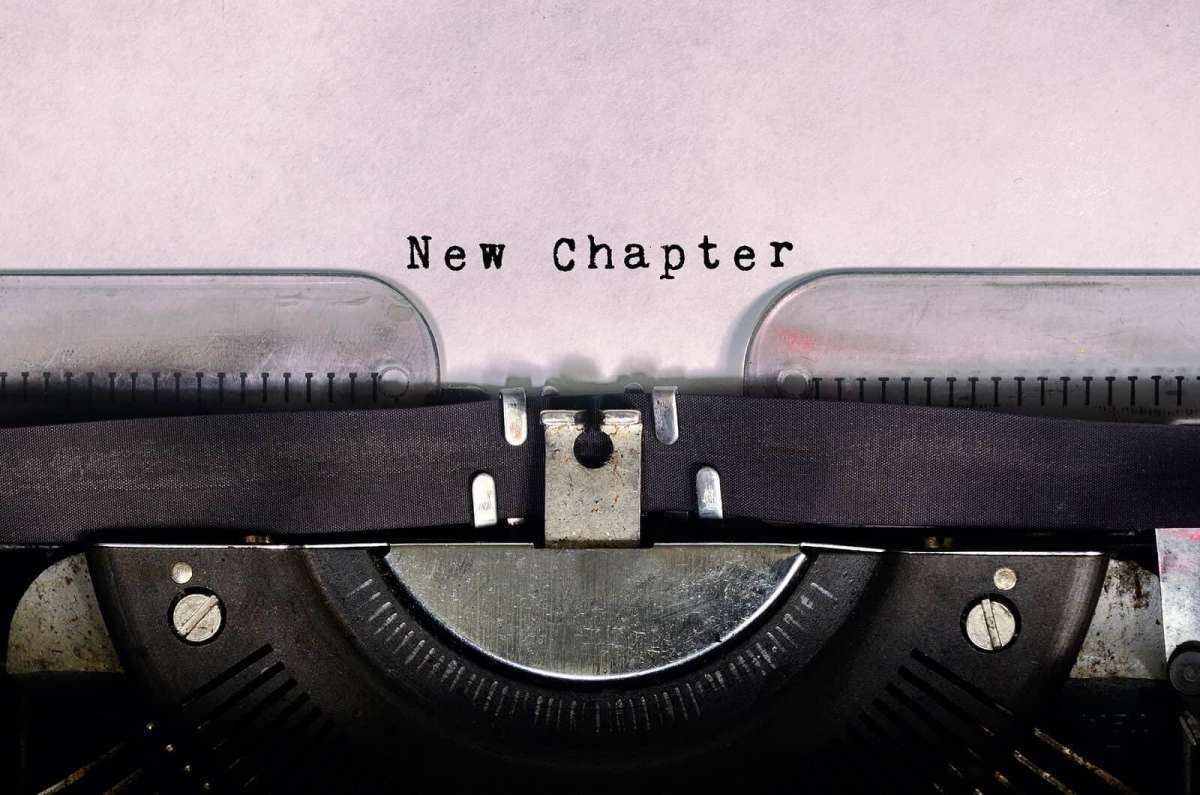Author and BookTrib contributor, Walt Gragg discusses life as a new author and the publishing process— from writing your manuscript to promotion your book and handling film/TV option requests. In this piece, Gragg discusses what new writers can expect from their publisher after they have signed their first book contract.
Your editor will call shortly after you sign the contract. While you’re excited that things are moving forward, be aware that it can take anywhere from eighteen months to four years before your book will be released. Depending on the editor, you may be provided with a release date during the call.
It takes the publisher’s legal department a month to hash out the terms of the detailed contract with your agent. When it finally arrives, you read it, sign it, and send it back, officially becoming a writer under contact. If you were offered an advance, you will typically receive one third of this around 30 days after signing the contract, another third after the editor approves the final edits, and the last third 30 days after the book is released.
You should soon receive the editor’s changes and edits. After making the story corrections and sending it back to the editor, they decide if they want to make any further edits. It’s common for editors to change the title of your book at this time. When all edits have been made, your book will approved as ‘ready to go.’ If you have yet to receive a release date, it will likely be determined at this point.
The publishers will create a book cover, and subsidiary rights, or subrights, for audiobooks and foreign sales may start appear. Then, promotional efforts begin. The ARCs, or Advanced Reader Copies, which are rougher, cheaper versions of the book, are created around six months out for promotional efforts and for the sales department to use. Around this time you will start to see initial book reviews. A copy editor will edit the book for story inconsistencies and grammatical issues that you will need to work through and approve, and final edits by assistant editors will also be made. As the release date draws near, you will be in frequent contact with everyone from your agent, editor, and publisher’s publicist, to private publicist, reviewers, and bookstores.
Although some publishers make significant efforts to help promote your book, many do almost nothing to help bring your book to the public, even after spending a great deal of time and money creating it. Their publicists make a minimum effort to get major reviewers to take a look, and may do little more. If you can, it is best to find out about the publishers promotional efforts prior to signing the initial contact, but the odds are you will be on your own with regards to promoting the book. For this reason, your agent will likely encourage you to hire your own publicists to handle additional reviews, setting up book signings, and coordinating with media. It all begins to fall into place, and the weeks approaching the release fly by.
And then your release date arrives.




